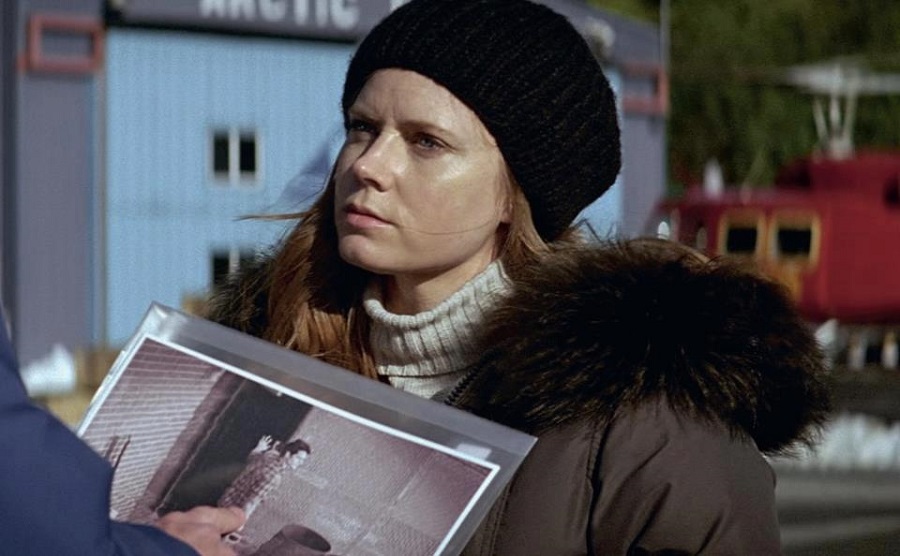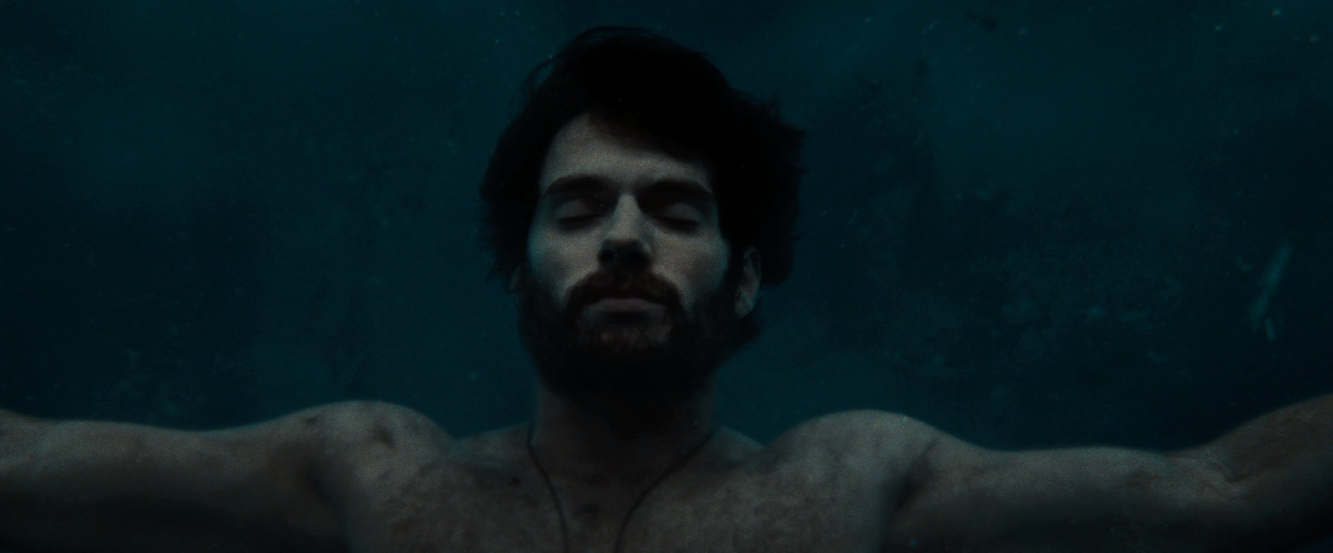SPOILERS AHEAD
Even though he is the most recognizable of the super heroes, Superman's representation in Hollywood has been hampered in recent years by a demure attempt at a reboot (2006's Superman Returns) and the long shadow of Richard Donner's Superman: The Movie (1978) and its three sequels, which starred the late Christopher Reeve in a performance that both defined the actor and the character (for better and for worse) for a generation. I had a very negative reaction to this new film when I first saw it and found it difficult to enjoy it on its own terms, thanks to one particular story point.
 |
| Kneel Before Flying |
 |
| Kneel Before Zod! |
Noel Neill Before Amy Adams
(Am I being too nerdy there? Sorry.)
|
The second thing that the film gets wrong is even more shocking and speaks to what I see as a deep misunderstanding of the source material, and I'm referring to the violence and the eventual execution of General Zod. As to the general comic book violence, the film uses special effects in a way that no Superman film has before. The Man of Steel does the usual Superman business of flying, being bulletproof, projecting heat rays from his eyes, and being incredibly strong. And I grant you that the destruction that would follow a group of villains with Superman's range of abilities would be massive, especially if they were fighting one another. But Superman, as a story or myth, really isn't about slugfests.
At the time Superman was created, the 1930s, his stories were on a much smaller scale. In his earliest adventures, Superman saves a woman from the electric chair by storming the Governor's mansion, stops a lynching, interferes with a man beating his wife, torments a corrupt politician in Washington D.C., and saves Lois Lane from an abduction by gangsters (one of whom is attracted to her and pushes Clark out of the way to take her against her will). Created by Jerry Siegel and Joe Shuster, two Jewish teenagers living through the Great Depression, the early Superman is a sort of anarchistic angel, a merry strongman who acts benevolently wherever he finds an injustice. The idea of Superman as a Christ-figure (as presented in Superman Returns as well as this film, and to a lesser extent in the Christopher Reeve films) ignores the purpose of the character. If anything, Superman is more of a Moses-figure (replace floating down the Nile with a spaceship and they even have the same basic origin story), an exceptional man who protects and gives wisdom, who shows a moral way of living and uses his great abilities not for personal gain, but for the purpose of inspiring ordinary people with his example.
A page from Action Comics #1, the first appearance of Superman.
|
It's inconsistent, though. If you're setting up Superman as a Christ-figure, why is he punching anyone? If Superman is meant for greater things, to inspire humanity, and if he's like a god to us mortal and fragile human beings, why is he not setting a higher moral example? Specifically, why is he unable to resolve the problem presented by General Zod without killing him?
Taking "Superman as Christ-figure" to the next level by giving him a beard.
|
I'm not suggesting that there was a better way of resolving the Zod plot-line than killing him off. I can buy that it made dramatic sense, or that Shannon might not have wanted the door open for a return engagement, but there should have been a way of doing it without making Superman the executioner. The idea that Kal-El's parents sent him to Earth because they had hope, and the idea that he was raised as Clark Kent to resolve matters with his mind and use his gifts for good, and the thread that his parents see great things for him is entirely negated for me by the idea that this "greater thing" is a spontaneous and knee-jerk execution.
Maybe if there was time for him to talk about the consequences of his actions and discuss the toll it would obviously take on him. Maybe if he made a vow that he would never again take a life for any reason. Maybe if he indicated that he found his actions distasteful and against his own principles. Maybe if any of that had happened, and Superman refuted the notion that the ends justified the means, I could have accepted it.
There's another, bigger logic hole here, though. If these Kryptonians are so powerful and indestructible that they can beat and bash one another without drawing blood or raising so much as a single bruise, how is it possible for even Kal-El to snap Zod's neck? It would seem unlikely to me, given what is established in the film.
 |
| Superman, again from Action Comics #1, stopping an execution, rather than performing one. |



No comments:
Post a Comment